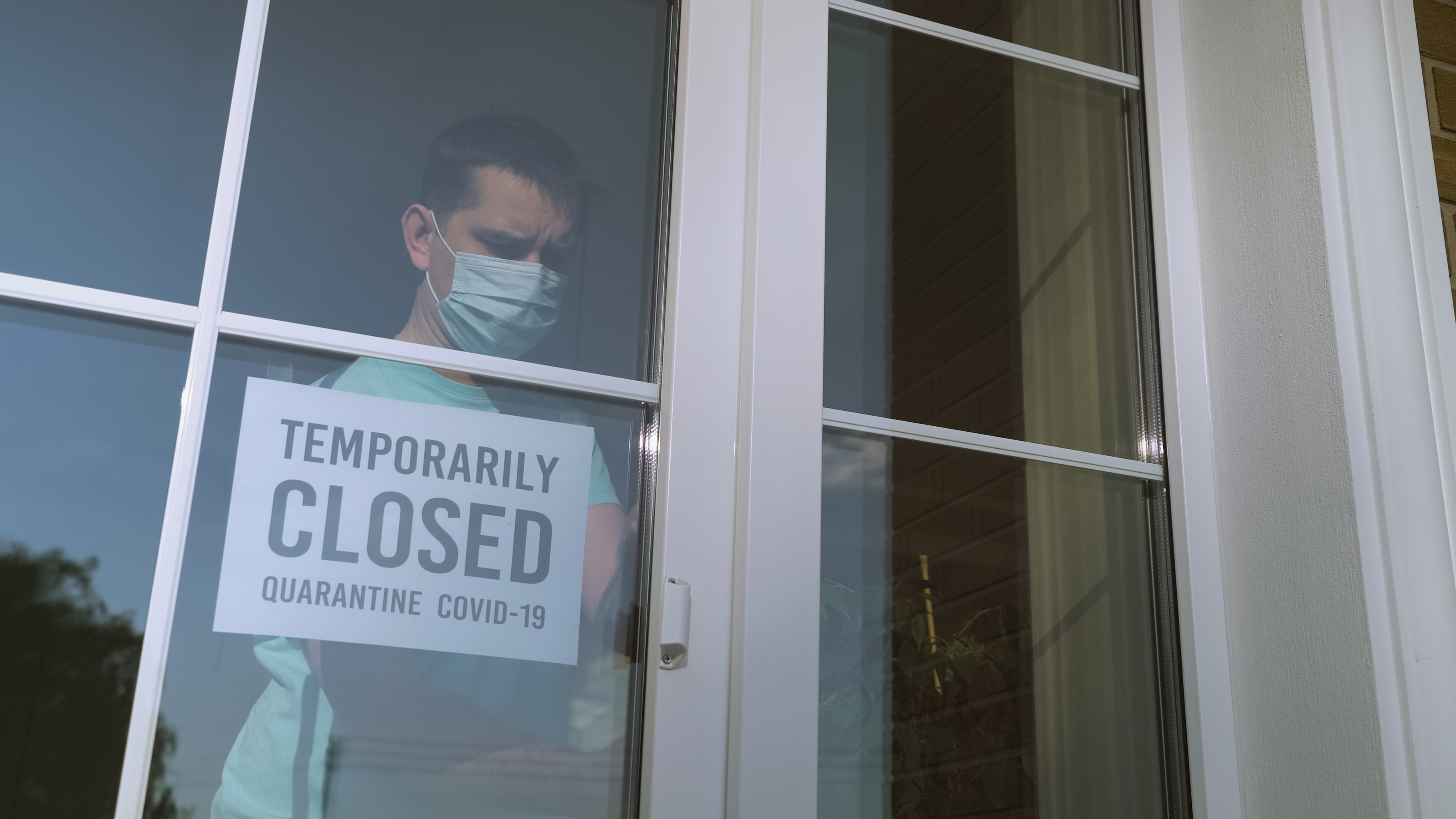
Florida’s Third District Court of Appeal recently affirmed a summary judgment entered in favor of a property insurer, holding that there is no conflict between the policy’s three year limitation for reporting hurricane claims and the requirement that the insured give prompt notice. In Navarro v. Citizens Property Insurance Corporation, No. 3D22-0032, 2023 WL 219032, — So.3d —- (Fla. 3d DCA Jan. 18, 2023), the insured sought coverage for Hurricane Irma damage nearly three years after the storm. The court found that the policy unambiguously required prompt notice, and that the insured failed to rebut the presumption of prejudice against the insurer. About The Authors




